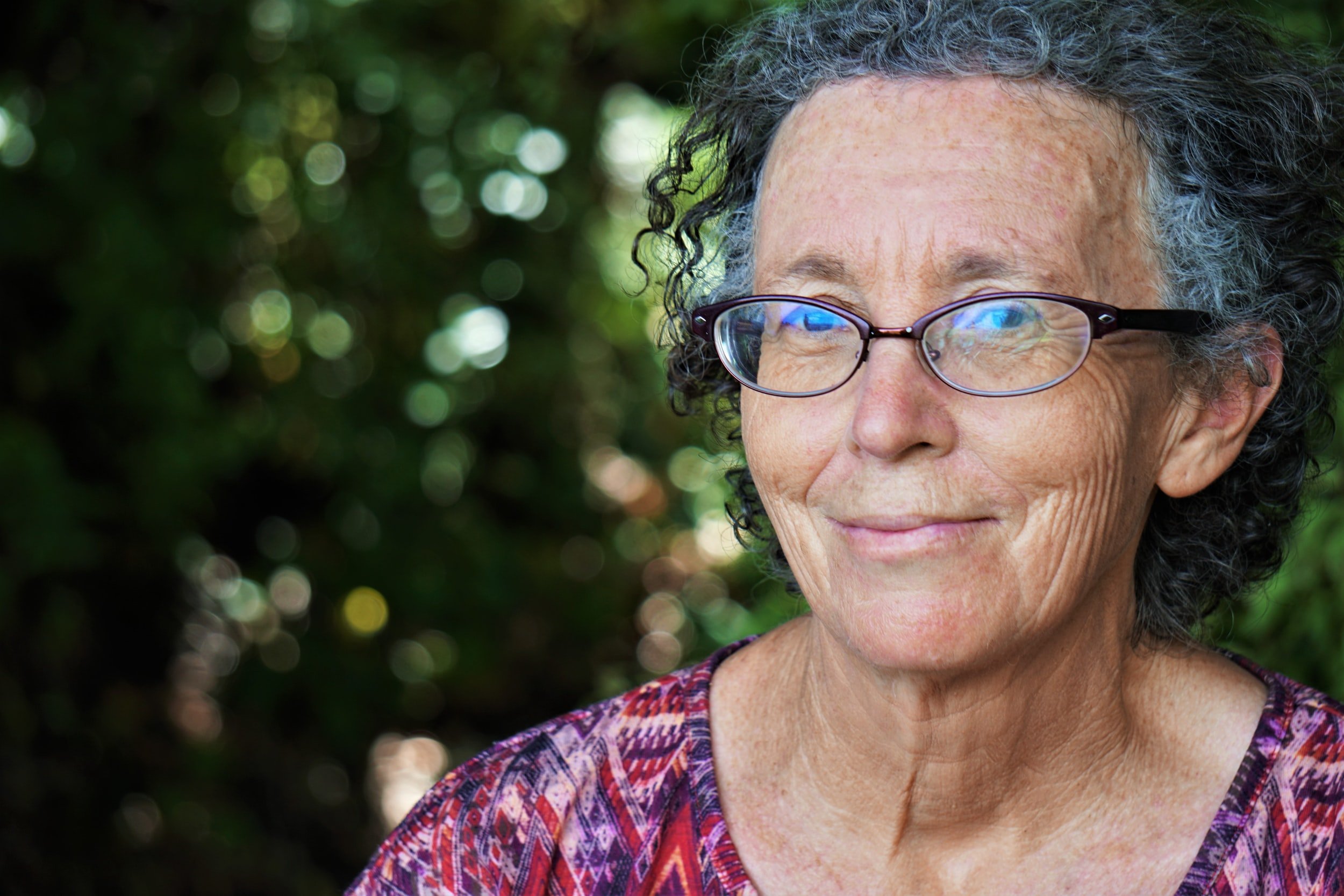Anticipating our ageing futures through speculative fiction: Utopian and dystopian stories as loci for interdisciplinary collaboration
by Emma Geen, Matthew Lariviere, and Helen Manchester
Ageing Futures Research Group at the University of Bristol
Ageing is inherently bound up with temporal perceptions of ourselves and others. We reminiscence and memorialise our pasts whilst we anticipate and, perhaps, experience anxiety for our futures. Ageing is also a process that is often deeply personal, emotional, and embedded in an individual’s life story, and that of their communities and cultures. These qualities are ones that creative methodologies, in particular speculative fictions, are well placed to explore.
This summer, the Ageing Futures Research Group at the University of Bristol utilised this approach to support interdisciplinary researchers to identify new themes for research and explore spaces for collaboration. It ran two speculative storytelling workshops funded by the Brigstow Institute in collaboration with a novelist of speculative fiction. We were interested in co-creating new research methodologies to encourage interdisciplinary connection. Participants in the workshops were a mix of ages, from those in their 20s to those in their 60s and brought with them a wide range of disciplinary backgrounds, including gerontologists and social workers as well as childhood and youth studies and engineering.
Methodologies
Speculative Fiction
Speculative fiction is a term that covers “all genres that depart from “consensus reality” of current everyday experience, e.g. fantasy, science fiction, and horror, and their derivatives, hybrids like gothic, dystopia, weird fiction, magic realism, etc…”(Oziewicz, 2017). One of the most popular of these subgenres in recent years is dystopian fiction, which explores an imagined society that the author presents as the cause of great suffering or injustice. This genre has a close relationship with utopian fiction, in which the author portrays a society that they consider to be perfect or much improved on our own. In this way, these genres create spaces to explore the author’s values. For our study, dystopian and utopian fictions provided us with a lens through which our researchers could examine their hopes, fears, and taken for granted assumptions about ageing.
Our first workshop involved a series of fiction writing prompts that supported the researchers to imagine and briefly write about themselves, or a character, ageing over forty years in dystopian and utopian futures. In the first exercise they were given believable dystopian prompts, such as that from 2022-2030 the world is in the grip of an ‘economic collapse’ or from 2030-2040 that ‘climate impacts become severe in the UK’. In the second exercise they were asked to explore a utopian future and given positive prompts, such as ‘meaningful action is taken to tackle climate change’. Each decade researchers were also asked to draw two wildcards for themselves, an idea borrowed from The Thing From the Future (Situation Labs, 2015) card game. One of these wildcards was for an object and one for a mood; the researchers were asked to blend these cards into their exploration of the shared scenario to prompt more specific and original imaginations.
After the session researchers were asked to share their hopes, fears, and values, which were used to assign them into collaboration groups for the second workshop, with the hope that this would facilitate the groups identifying a shared utopian vision.
In the second workshop researchers were asked to imagine routes to achieving these shared utopian visions through the ‘Utopian Pathways’ exercise (Duncombe & Lambert, 2021). This exercise encourages groups to be creative in imagining how to achieve goals through prompting them to explore ‘traditional pathways’ for change and their failings, ‘utopian pathways’ in which there are no limitations on what they can do, and ‘creative pathways’ that merge the traditional and utopian pathways to show how the group can move forward in an innovative but achievable manner.
Improv
The second workshop also utilised Improv methodologies. Improv is theatrical style marked by “spontaneous performance” (Fotis & O’Hara, 2016) but, more broadly, is “a system of creativity, a mindset that focuses on co-operation and collaboration” (Ibid). To create these unscripted performances, the actors are required to embrace a philosophy of supporting their co-performers embodied through mutual trust, respect, and consent. There is a growing body of research that suggests that this approach makes Improv a powerful team development activity in the business world, improving soft skills, and collaboration (Cole, 2016; Rocco & Whalen, 2014; Daly et al., 2009). We were interested to see whether these benefits could also support collaboration between interdisciplinary researchers and create a space for speculative storytelling that is more suited for collaboration than prose fiction.
To not overwhelm the researchers, the collaboration groups were presented with a series of simple Improv games. For example, one game placed groups 15 years in the future where they are being interviewed for Time magazine about a successful discovery or project they had created through our workshops. One member of the group acted as an interviewer whereby their questions helped the rest of the group uncover the nature and impact of their imagined discovery.
What We Found
While it’s too early to comment on the collaborations that will develop, initial feedback identified both positive outcomes and areas for development. Researchers reported valuing the space for creative thinking and enjoying the experience, and that the writing exercises prompted them to address assumptions about ageing, engage in the topic emotionally, and identify feared or hoped for futures; and the Brigstow Institute team commented on how the Improv created a positive and exciting atmosphere. One group also created their ideas for next steps directly through the Improv interview game, meaning that, should they take the project forward, their imagined speculative fiction improvisation could become reality.
Some problems emerged around collaboration between researchers. The group that hadn’t submitted their reflections from workshop 1, and so couldn’t be matched on values, struggled to identify a shared utopian vision, stating that “one person’s utopia is another person’s dystopia”, and some individual researchers reported not fitting with the interests of their group. More scaffolding was also needed to support the wide range of creative experience in the workshops. The group that was predominately from the arts and social sciences embraced thinking imaginatively but struggled to return to a practical space to consider next steps, and a group that had fewer creative practitioners reported difficulties entering utopian spaces. A bridging exercise, and more active critique and encouragement from the creative facilitator during the discussion segments would likely address these issues.
Creativity, futures thinking, and structuring positive collaboration are all skills that are essential for research yet are often underutilised in the academy. The two workshops provided us with useful insights for developing frameworks to support these and we hope that innovative collaborations will emerge as a result. Going forwards we intend to develop and trial a range of speculative methods for working with Ageing Futures. This will include work with co-researchers and co-designers on the Connecting through Culture as we Age project and Helen’s work with Juliane Jarke in her fellowship at the University of Bristol.
Sheffield Carescapes: Potential Futures for a Caring Society, an online exhibition Matthew created with local artists in Sheffield, England offers a collection of immersive illustrations and audio-recorded stories to evoke near and distant futures of a society focused on care and empathy. The exhibition’s material invites us to discuss and reflect on how we want to experience care and everyday life as we age. Matthew continues to explore these themes in his research within the health and care sectors in the UK and interlocutors from the digital health and care industry.

























Jessica Lester and Michelle O’Reilly discuss ethics in sensitive research with children and youth, and offer practical tips.